As educational inequality has worsened around the world due to the COVID-19 pandemic, especially for marginalized groups in less developed countries and regions, some NGOs in China are striving to give women and children in backwater areas better access to equal education.
Miao Fengchun, chief of UNESCO's technology and artificial intelligence in education unit, said at an online event on the sidelines of the 48th Session of the United Nations Human Rights Council that securing educational equity is challenging.
He said the world has 258 million school-aged children entirely excluded from education, and that literacy rates and the opportunity to get an education differ according to gender, prosperity and disability.
Grave inequality in education has made governments and NGOs explore effective ways to secure people's rights to education, especially for those in marginalized groups living in poorer rural areas.
"Education is a cornerstone of individual and national development. Quality education allows people to pursue a decent life and contribute to a better society," Miao Qing, deputy secretary-general of YouChange China Social Entrepreneur Foundation, said at the event.
She said that while China has made remarkable progress in eliminating illiteracy and promoting elementary education, inequality in education remains an issue in some rural areas, where the harsh working and living environment has led to a lack of quality teachers.
To help improve rural education, the foundation and Beijing Normal University initiated a charitable program called Green Pepper in September 2017 to train young rural teachers.
The program has helped train 84,000 young rural teachers from over 200 counties in 20 provinces, Miao Qing said.
Wang Bin, a math teacher at Xinjie primary school in Guangnan county, Yunnan province, said he encountered problems when he first arrived at the school as it was rather difficult for a young college graduate without any teaching experience to make students understand what he was trying to teach them.
What made teaching even more difficult was that most of the students came from different ethnic groups whose parents were less able to teach them good Mandarin, making routine communication harder.
"But the Green Pepper program has changed the situation because I've got guidance from teaching experts from Beijing Normal University online and learned some interesting teaching methods as well," he said.
"Education matters, and rural children also have rights to quality education. I hope all my students can have a better life."
















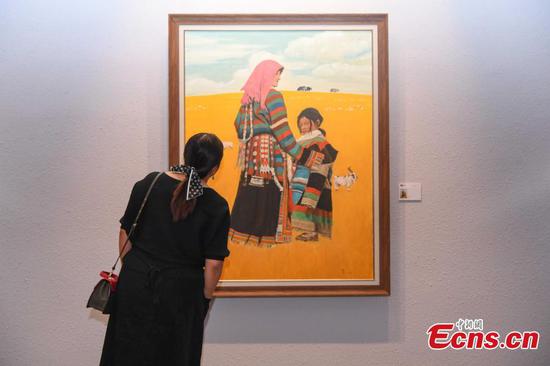

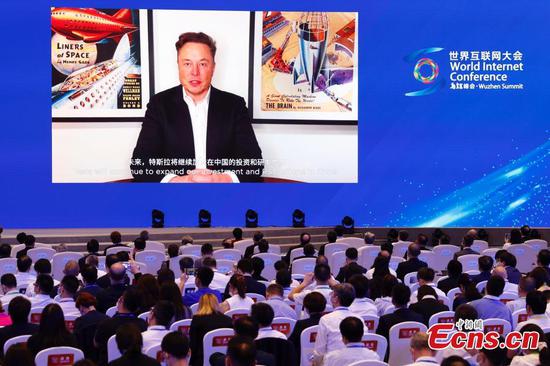






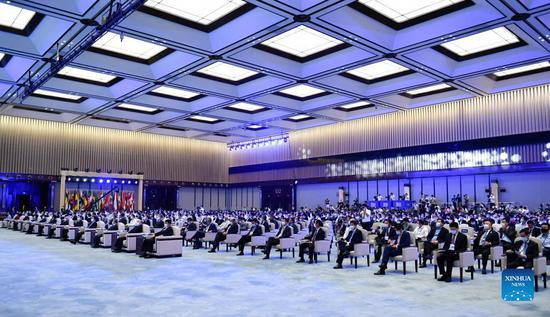


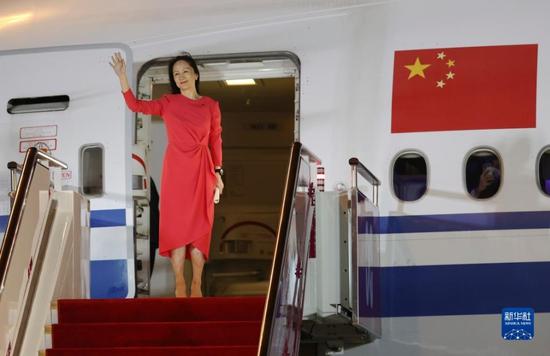


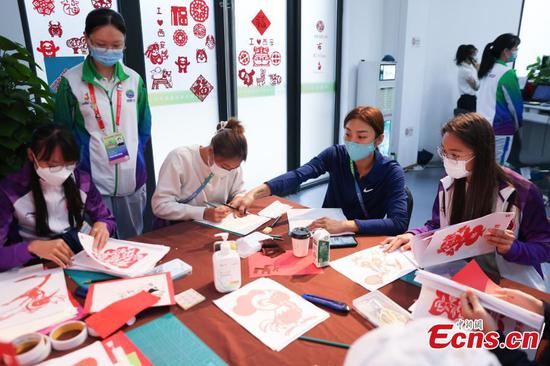









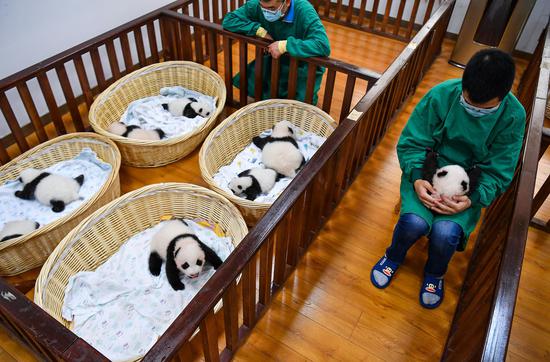


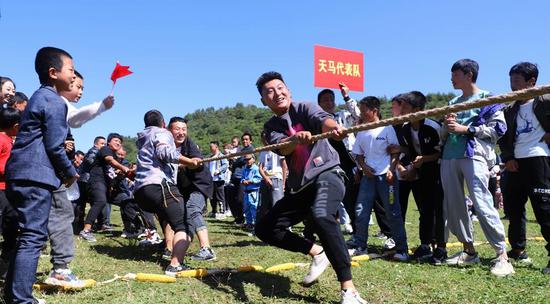





 京公網安備 11010202009201號
京公網安備 11010202009201號